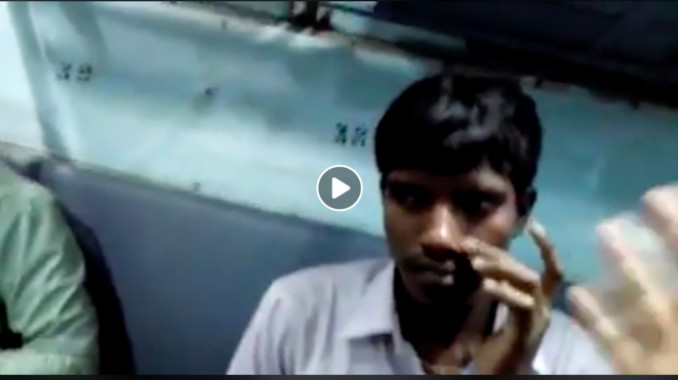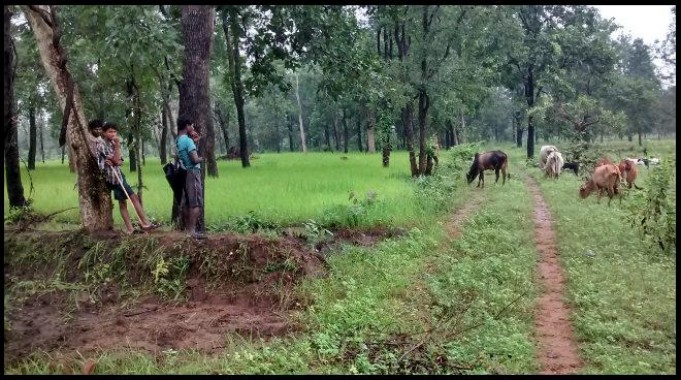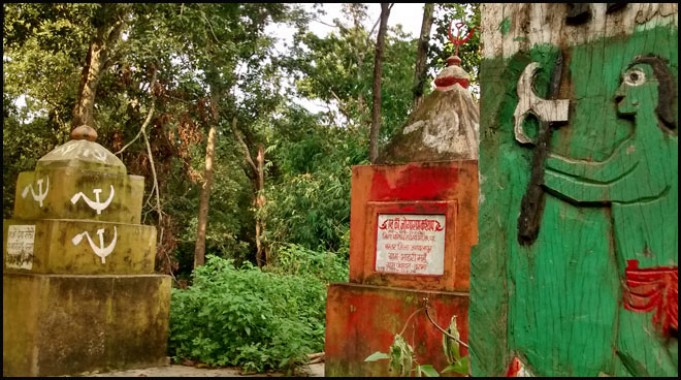BY ARITRA BHATTACHARYA|
IN DIGITAL MEDIA
|08/06/2018
The fact that Bangla Sanskriti Mancha activists were primary informants for most stories in the media highlights the role that city-based NGOs can play in bringing such issues to light,
BY ARITRA BHATTACHARYA|
IN REGIONAL MEDIA
|13/02/2016
Rape, beatings and looting in Bastar by the security forces remain hidden because of media indifference.
BY ARITRA BHATTACHARYA|
IN MEDIA PRACTICE
|08/10/2015
Did villagers seek police help against Maoists or did they visit the police station to secure the release of villagers wrongly accused by police of being Maoists?
BY ARITRA BHATTACHARYA|
IN MEDIA PRACTICE
|30/09/2012
Poets of Protest focuses on the lives and works of poets at the centre of resistance in the Arab world.
BY ARITRA BHATTACHARYA|
IN MEDIA FREEDOM
|14/09/2012
Aseem Trivedi's picture of contemporary India reflects only political and bureaucratic corruption, bribery in particular.
BY ARITRA BHATTACHARYA|
IN MEDIA PRACTICE
|17/08/2012
Amir Bashir's Harud questions the process of image-making and serves as a counter-point to popular thinking on Kashmir.
BY ARITRA BHATTACHARYA|
IN MEDIA PRACTICE
|10/08/2012
The writer has failed to study the factors that are central to understanding how the Maoist conflict affects individuals.
BY ARITRA BHATTACHARYA|
IN MEDIA PRACTICE
|20/07/2012
The Mint Lounge cover story on English as the driver of a 'revolution' is fraught with deep-seated dogmas
Subscribe To The Newsletter














